Contracting Tips for Winning Work at DISA
The Defense Information Systems Agency, or DISA, is a combat support agency, providing and operating key command and control, information, communication, and computing technologies and capabilities for joint warfighters, national leaders, and other mission and coalition partners across the Defense Department. To provide such support over a full spectrum of military operations, the agency relies on its staff of more than 8,000 military and civilian employees.
To achieve its mission, DISA also relies heavily on contractor support, explained Douglas Packard, Procurement Services executive at the agency.
Managing a portfolio of $17 Billion, Packard is also the director of the Defense Information Technology Contracting Organization, or DITCO, which is the agency’s contracting arm in securing information technology; telecommunications; satellite bandwidth; combat support computing; and enterprise services, including enterprise licensing agreements, cloud services, mobility services, satellite phones and desktop platforms, according to the agency.
Packard and Carlen Capenos, director, Office of Small Business Programs at DISA, both spoke about the agency’s contracting process during a September 2 AFCEA TechNet Cyber webinar, Doing Business with DISA: Hot Topics in Contracting and Small Business.
@USDISA will release its bi-annual Forecast to Industry the week before #TechNetCyber virtual conference in December so that industry can have additional information to engage with our program managers at the conference, says Douglas Packard, Procurement Services executive #AFCEA pic.twitter.com/1VSIaWqlO6
— Kimberly Underwood (@Kunderwood_SGNL) September 2, 2020
“The $17 billion and the large awards to small businesses are indicative of our strong, strong partnership with industry,” Packard stated. “And we cannot be successful, and we cannot do this without out every single team member, military and civilian, and just as important in that three-legged stool, the contractor workforce. We truly, truly value that partnership.”
Twice a year, in April/May and in November, DISA presents its Forecast to Industry outlining its specific contracting needs and procurement opportunities, Packard said. The agency is planning to release its next Forecast to Industry at the TechNet Cyber virtual conference December 1-3. At the conference, DISA’s program managers will be on hand to interact virtually with industry representatives seeking more information about the technical solutions the managers are asking for from procurement efforts.
"Section 889 will have a profound effect on procurement," says Douglas Packard (bottom left) Procurement Services executive @USDISA. The interim rule is meant to protect National Security & the inadvertent use of telecomm surveillance equipment. #TechNetCyber #AFCEA pic.twitter.com/ScK2damV4i
— Kimberly Underwood (@Kunderwood_SGNL) September 2, 2020
The agency relies on two main contracting vehicles, the Encore III and the Systems Engineering, Technology and Innovation, or SETI, in addition to harnessing other transactional authority, or OTA contracts, Packard noted. The Encore vehicle is considered its flagship contracting platform—and it has been for the last 26 years, he said. Some benefits of using these platforms include: a broad scope of needed information technology services; flexible evaluation methods based of the nature of requirements; higher protest thresholds with task orders under $25 million not protestable; and on/off ramp capability that ensures robust small business participation and competition for the life of the contract. Moreover, Packard stated, there are fewer fees. DITCO’s fee for service is 2.25%, and there are no additional fees for use of DISA vehicles, he says.
Packard did caution industry about the new interim rule issued by the DOD, the General Services Administration and the National Aeronautics and Space Administration, known as Section 889, which prevents agencies from entering into or renewing any contract that employs the use of telecommunications equipment.
“Section 889 will have a profound effect on procurement,” Packard noted. He encouraged companies to take the time to understand the draft rule, its intent and how to comply with the regulation. “And if you have concerns, please comment, as it is an interim rule,” he said.
In addition, Capenos urged companies, and in particular, small businesses, to consider what they have to offer that can strengthen the areas where DISA needs the most help. “We are committed to building and maintaining our trusted partnerships,” she said.
Carlen Capenos (top left), director, Office of Small Business Programs @USDISA, who works to maximize the use of small business contractors, has great tips: Do your homework, understand what we do, how we do it, how we buy things & what contracts we use #TechNetCyber #AFCEA pic.twitter.com/uoAIO6ho5o
— Kimberly Underwood (@Kunderwood_SGNL) September 2, 2020
She suggested interested parties take DISA’s 101 Small Business Orientation class, which is now offered in a virtual format. The two-hour class covers, among other things, how to prepare, what to do when submitting a proposal and what to do if you win a contract.
“You really, really, really need to do your homework,” Capenos offered. “You need to understand what we do and how we do it. You need to know what our forecast is and how we buy things. You need to know what contract vehicles we use and how we set aside contracts.”
Capenos also advised companies to understand what makes them unique and what their strengths are. “And I will give you a hint – it is not everything,” she noted. “You need to focus on what you have grown your company to be successful at and focus on those areas that match up with our requirements. You also need to know what differentiates your company. What makes you better than your competition? Why should your proposal be selected over someone else’s? And you need to know how to convey all that.”
"Yes, we do use the GSA 8A-Stars vehicle. It is still available for 8A companies," says Carlen Capenos, director, Office of Small Business Programs @USDISA #TechNetCyber #AFCEA pic.twitter.com/pJVAIUjHaV
— Kimberly Underwood (@Kunderwood_SGNL) September 2, 2020
When taking meetings with DISA staff about contracting activity, be on time and be prepared, Capenos continued. “They are not there to train you on how to do your job,” she advised. “You need to know what you want to ask.” She also recommended that companies verify that they have met any compliance requirements for a contract, before submitting a proposal.
Another important point—and one which DISA’s director and commander, Joint Force Headquarters–Department of Defense Information Network, Vice Adm. Nancy Norton, USN, always emphasizes to companies bringing technical solutions to the agency—is that the military needs to deploy capabilities at a huge scale.
In addition, Capenos urged companies to not forget the basic things, such as conducting spelling and grammar checks. That level of detail is important, if they are trying to demonstrate they can handle supporting the warfighter. “Put your best foot forward,” she said. “If not, our evaluators may think, ‘they didn’t impress us when they needed to most,’ and that can be the difference between winning and losing. Moreover, be timely when submitting proposals. “Late is late,” Capenos said. “Don’t send it in late, you will lose it every time. We can see when your proposal hits our server and one second too late is late. Nothing prohibits you from sending it in early.”
Lastly, Packard counseled companies to take each opportunity seriously, not matter what the size of contract with DISA.
Advice on working with @USDISA from Douglas Packard, Procurement Services executive: Remember that a $1 million contract is not less important than a $100 million contract to us, because the work supports the critical missions of U.S. warfighters. #TechNetCyber #AFCEA
— Kimberly Underwood (@Kunderwood_SGNL) September 2, 2020
“Don’t consider a $1 million contract to be less important than a $100 million contract,” he emphasized. “Every contract that connects and protects the warfighter, and all those point in between, is of critical and vital importance to the Department.”
To register for the remaining TechNet Cyber webinar on September 16, click here.
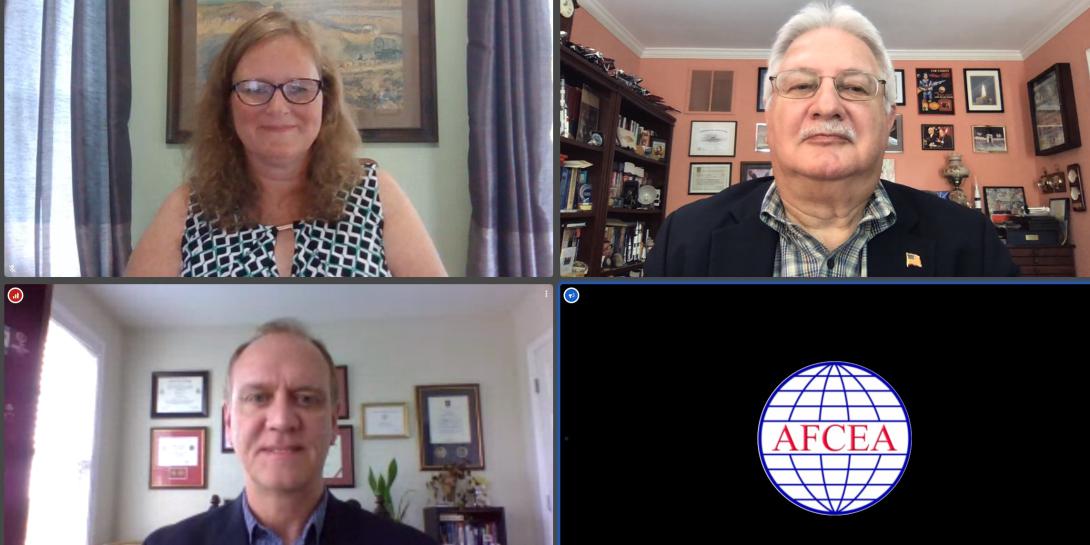
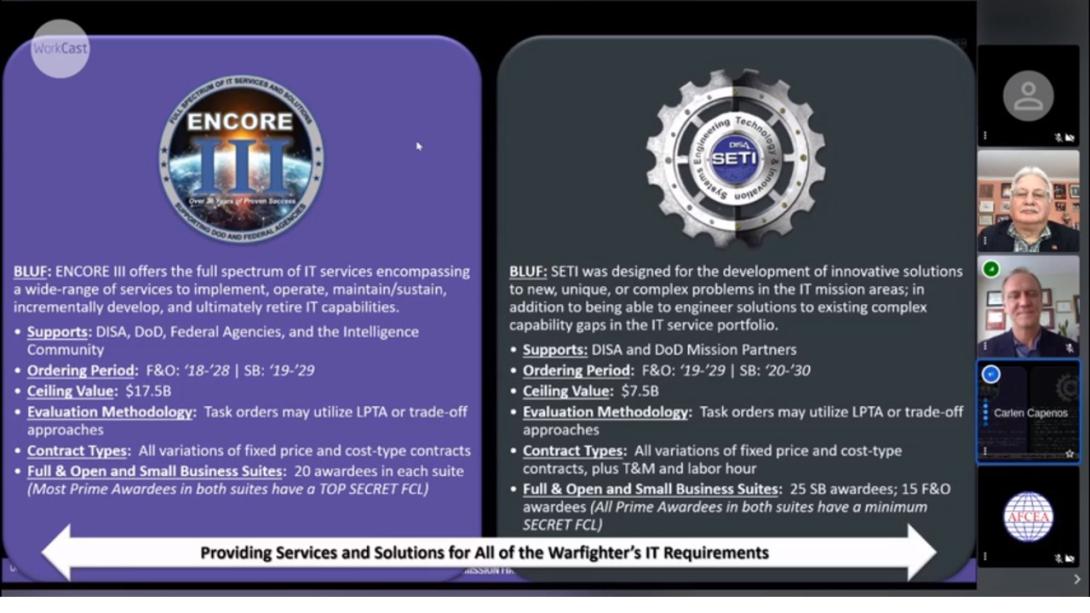
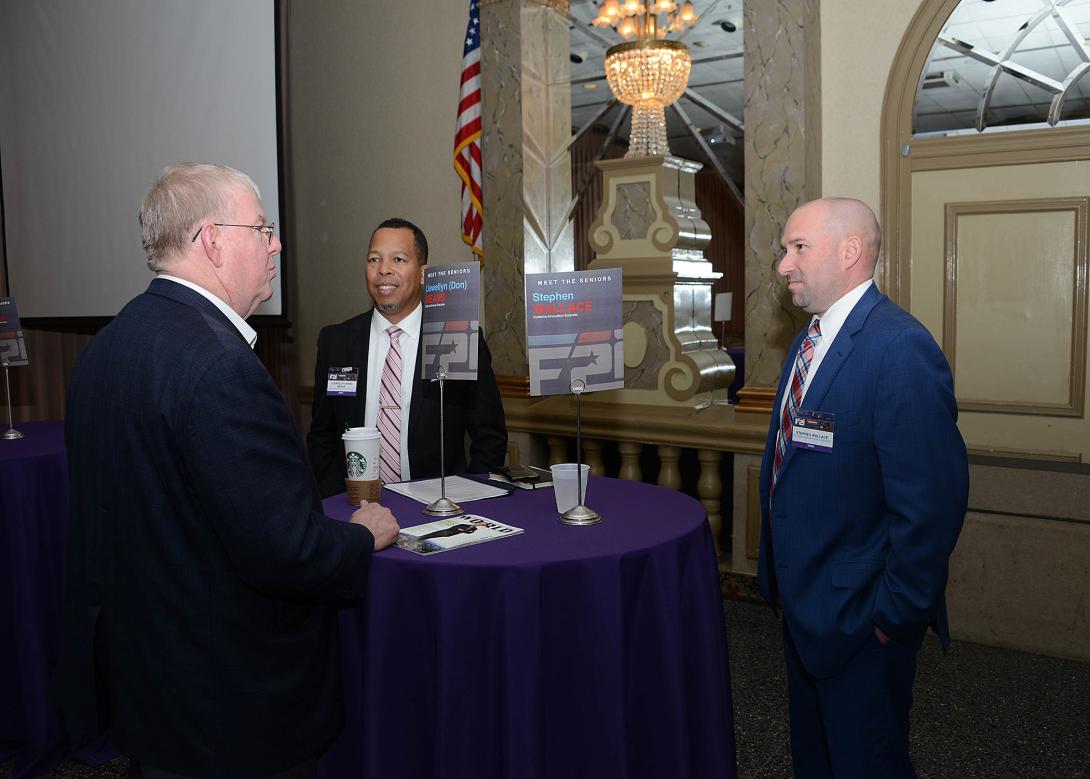
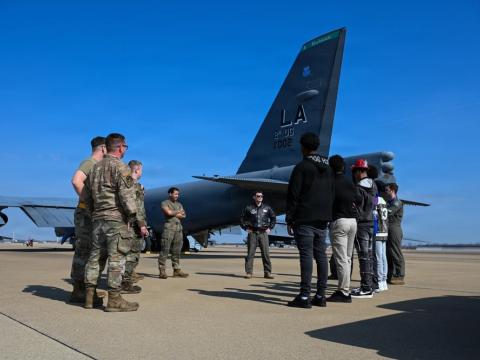
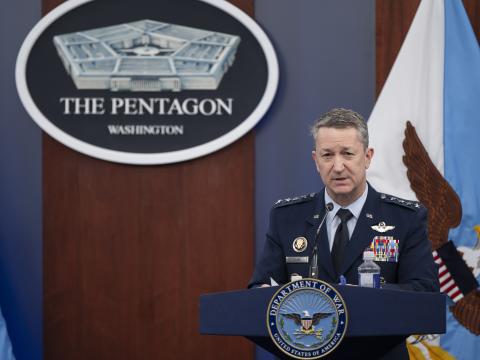


Comments